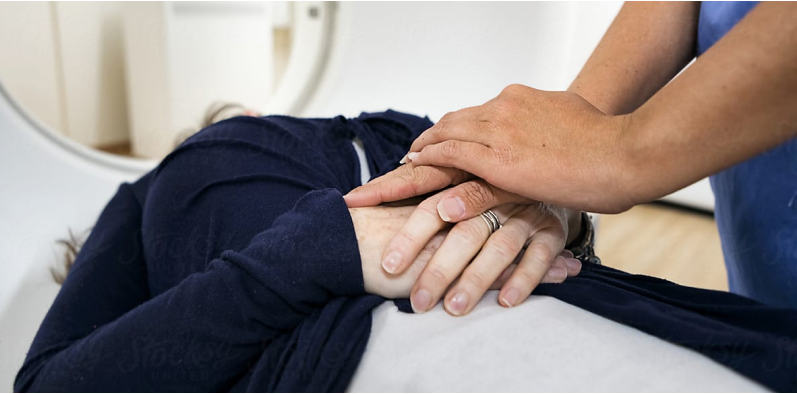After your cancer diagnosis, your primary care physician will begin discussing your cancer treatment plan with you and your family. At SERO, we specialize in radiation therapy, a localized, highly effective treatment for many types of cancer. However, your doctor may suggest other treatment options in addition to or outside of radiation. There will likely be many treatment options available, and making a decision may feel overwhelming. Understanding what that decision-making process will look like is a good place to start.
Jump to Section:
- What is a Cancer Caregiver?
- Who Can Be a Cancer Caregiver?
- What Makes a Good Cancer Caregiver?
- What Do Cancer Caregivers Do?
- How to Cope With Being a Cancer Caregiver
What Is a Cancer Caregiver?

In addition to taking X-rays, doctors use radiation therapy to try to cure cancer
A cancer caregiver is someone who provides support to another person living with cancer. Importantly, caregiving is an unpaid role. Typically, someone offers caregiving out of love for the person with cancer.
Patients often benefit from having a close loved one help instead of or in addition to a paid care provider. The person with cancer may feel more comfortable sharing vulnerable emotions and personal experiences with someone they know and trust. Caregivers often take comfort from the role, as they can tangibly display their love and compassion for the person living with cancer.
In the United States, an estimated 2.8 million to 6.1 million adults care for patients with cancer. Caregiving is time-consuming, with the average caregiver providing 32.9 hours of care each week. Because many caregivers are working adults, they may need to change their work schedules to accommodate the care activities.






